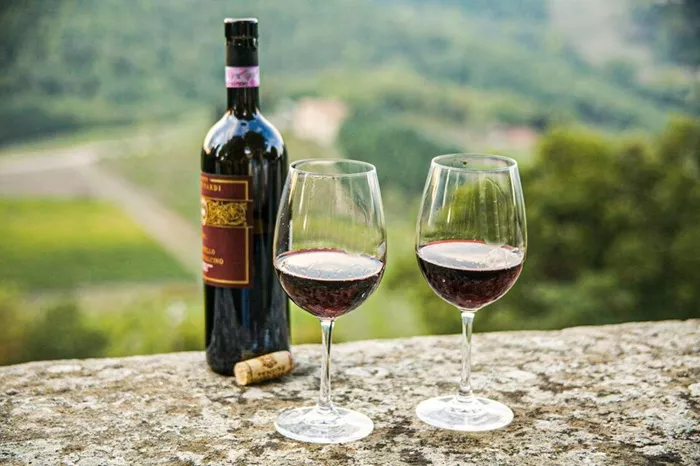The Champagne region, globally renowned for its luxury and craftsmanship, is taking significant steps to improve the welfare of seasonal workers, who are vital to its viticulture industry. With rising expectations around social sustainability, both producers and institutions are reevaluating their responsibilities and enhancing systems to ensure safe, fair, and legally compliant employment practices.
In 2024, Comité Champagne, the interprofessional body representing Champagne producers, spearheaded a multi-stakeholder program to monitor harvest practices and safeguard the wellbeing of seasonal workers. This initiative follows increasing concerns about labor conditions, particularly during the high-demand harvest period.
“The Comité Champagne condemns any tragedies that occur, especially during harvest,” a spokesperson for the body stated. “The co-presidents of Comité Champagne have publicly declared that no unacceptable behavior will be tolerated, as it puts individuals at risk and damages the reputation of the entire industry.”
The initiative is backed by the Prefect of the Marne department, and more than 100 meetings were held throughout 2024, involving various stakeholders, including vineyard service providers, labor agencies, police, firefighters, and the French agricultural social insurance body, Mutualité Sociale Agricole (MSA), among others. These discussions culminated in the establishment of the “Together for the Champagne Harvest” framework, which aims to set clear expectations for employers and service providers on recruitment, working conditions, health and safety, and accommodation.
A key tool in this initiative is VitiArgos, a digital platform developed to help producers assess the compliance of third-party contractors. The platform serves as a reminder of essential labor regulations and allows employers to verify service providers’ registrations and compliance levels before entering into contracts. By the time the 2024 harvest season began, 145 service providers had registered on the platform, representing approximately 21,000 seasonal workers.
Additionally, the platform recorded over 6,000 consultations regarding labor guidelines, and a dedicated unit from France Travail successfully filled 75% of harvest roles through a centralized system. The operational oversight of the harvest also saw daily monitoring by an operational group under the Marne Prefecture, allowing for targeted inspections and quick responses to any emerging issues.
While Comité Champagne emphasizes that “zero risk” is an unrealistic goal, the initiative is focused on promoting transparency, responsibility, and continuous improvement. “We aim to support producers in their progress and address any unusual situations with the help of public authorities, ensuring the health and safety of seasonal workers,” the spokesperson explained.
To enforce the “zero tolerance” policy on labor violations, Comité Champagne has implemented stricter public controls, daily monitoring, and a heightened scrutiny of accommodation standards. Violations lead to thorough investigations, with the organization actively joining legal proceedings when necessary.
Although the idea of linking labor compliance to the eligibility for Champagne appellations has been discussed, no official decisions have been made. The Comité has mentioned that various scenarios are under consideration as part of its evolving strategy.
The focus on labor rights is not unique to Champagne. Across France, legal cases involving agricultural labor, particularly in viticulture, have increased, with issues such as unregulated subcontracting and poor living conditions coming to light. Regional authorities and wine bodies are beginning to take more decisive action to address these challenges.
These issues are not confined to France. Other wine-producing countries, such as Spain, Italy, and parts of South America, are also facing similar challenges due to the complex supply chains involving third-party contractors. In many cases, exploitative practices stem from opaque intermediaries and insufficient inspections rather than widespread sector-wide malpractices. Producers are calling for clearer regulations, better enforcement, and more robust systems to prevent abuse while continuing to rely on seasonal labor.
The ongoing reforms in Champagne reflect a broader trend towards building a more resilient and ethical labor model. Through collaboration with unions, state services, and NGOs, stakeholders are working together to ensure that labor standards are improved without compromising the quality or tradition of the industry.
Looking ahead, there is potential for appellations of origin to not only represent terroir and quality but also social sustainability and fair labor practices. By focusing on the integrity of both the product and the workforce, the wine industry can strengthen its reputation as a leader in ethical production.
As the next harvest approaches, the hope is that these reforms will take root as deeply as the vines themselves, ensuring a future where the dignity and safety of seasonal workers are fundamental to the Champagne region’s success.
You Might Be Interested In:


